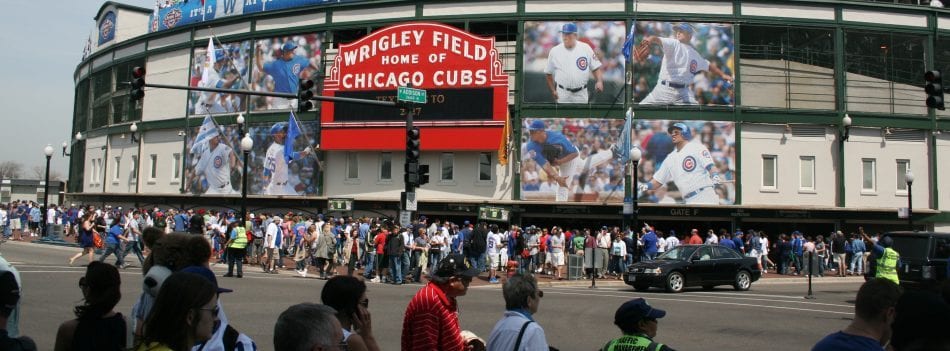Despite strong opposition from venue holders in the city, mayor Rahm Emmanuel’s 2017 budget – which included a tax hike on concert tickets at venues above a certain size – was approved by a 47-3 vote, according to the Chicago Tribune.
The tax raise comes in the form of a bump in the existing amusement tax for events in the city from 5 percent to 9 percent for venues with a capacity over 1,500. Venues below that size will see the tax eliminated. The Tribune reports that Emmanuel’s office expects that change to bring in $15.8 million in 2018 once the changes take place on January 1.
All five of the “Second City’s” professional sports franchises – which use their venues on off-days to stage concerts, meaning the amusement tax update will take a big bite out of their profit margins – were vocal in their opposition to the change. Sporting events already pay the higher 9% tax rate, which was one of the justifications used by supporters of the measure.
“Under the current law, a game held at one of the stadiums on a Monday is taxed at 9 percent while a concert held at the same stadium on a Tuesday is taxed at 5 percent. That doesn’t really make sense,” mayor’s office spokesman Adam Collins said prior to the measure’s being approved. “This proposal would ensure that ticketed events at the stadiums are all taxed at the exact same rate.”
Obviously smaller venues applauded the move, which they believe will allow them to compete for higher profile acts due to their cost savings relative to the arenas and larger concert halls within the city limits. The biggest winners are venues with capacities between 750-1,500. They were taxed at the same 5% rate that the larger venues were, but will now be exempt, as venues under 750 had always been.
“The Chicago Mayor’s Office is leveling the playing field for Chicago’s community theater groups and live music venues with changes to the amusement tax,” Metro Chicago’s Joe Shanahan said in a statement. “This is an incredibly encouraging development in regards to an issue that has been in discussion for over a decade.”


